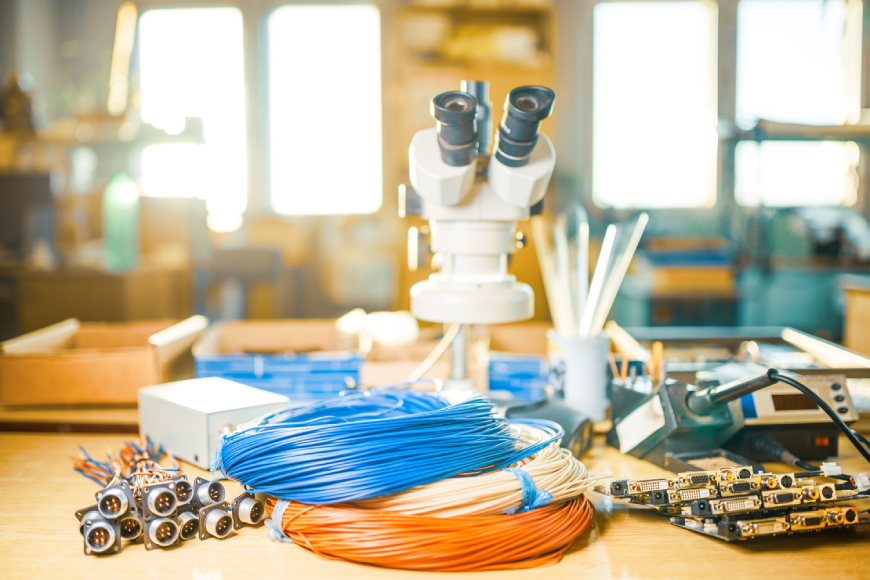Welcome to the comprehensive course on Introduction to Electronic Components: A Step By Step Guide. This course is designed to provide you with a solid foundation in understanding and working with various electronic components. Whether you’re a beginner or have some prior knowledge, this course will take you on a step-by-step journey to explore the fundamentals of electronic components. The course begins with an introduction to electronic components and an overview of the topics covered. You’ll get acquainted with the instructors and their expertise in the field. We’ll then dive into the basics, including voltage, current, and resistance, and learn about different types of circuits. Practical demonstrations using a Digital Multi-meter (DMM) will help you understand the concepts better.
Next, we’ll focus on taking measurements of voltage, current, and resistance. You’ll learn how to use a Volt Ohm Meter (VOM) effectively and perform practical exercises to measure DC voltage, current, and test resistors. We’ll also explore circuit diagram basics, including symbols commonly used in circuit diagrams. The course further covers essential electronic components such as resistors, capacitors, inductors, diodes, and transistors. You’ll gain a comprehensive understanding of their properties, behavior, and practical testing methods. Practical exercises will enhance your hands-on skills and deepen your understanding of these components.
Finally, we’ll conclude the course with a comprehensive review and wrap-up session. By the end of this course, you’ll have a solid understanding of electronic components, their functions, and how to work with them effectively. This knowledge will empower you to pursue further exploration in electronics and equip you with the skills needed for various electronic projects.
What Will You Learn?
- The basics of voltage, current, and resistance in electronic circuits.
- Different types of circuits and their characteristics.
- How to use a Digital Multi-meter (DMM) for taking measurements.
- Techniques for measuring voltage and current accurately.
- Practical exercises on testing and measuring resistors, capacitors, inductors, diodes, and transistors.
- Understanding circuit diagrams and the symbols used.
- The fundamentals of Ohm’s Law and its applications.
- The behavior and properties of electronic components such as resistors, capacitors, inductors, diodes, and transistors.
- Practical testing methods for electronic components.
- How to interpret and analyze the results of component testing.
- A comprehensive overview of the course topics and a final wrap-up session.
Who Should Take The Course?
Beginners with little or no prior knowledge of electronic components.
Electronics enthusiasts and hobbyists who want to deepen their understanding of electronic circuits.
Students studying electronics or related fields.
Engineers or professionals working with electronic systems who want to refresh their knowledge.
DIY enthusiasts interested in building and repairing electronic devices.
Anyone curious about how electronic components work and how to test them.
Individuals looking to enhance their skills for electronics projects or careers.
Those interested in gaining practical knowledge and hands-on experience with electronic components.
Course Features
- Lectures 35
- Quizzes 0
- Duration 3h 25m
- Skill level All levels
- Language English
- Students 0
- Certificate Yes
- Assessments Self


